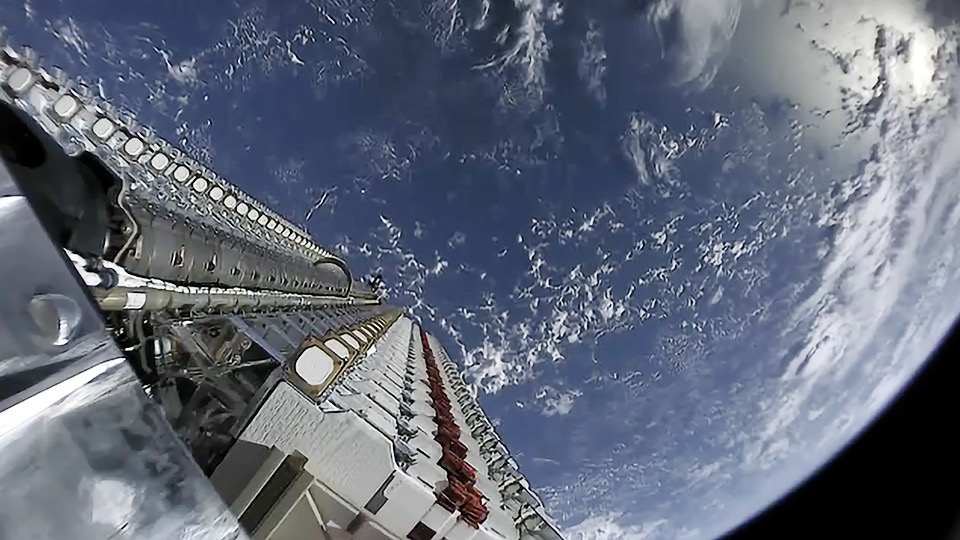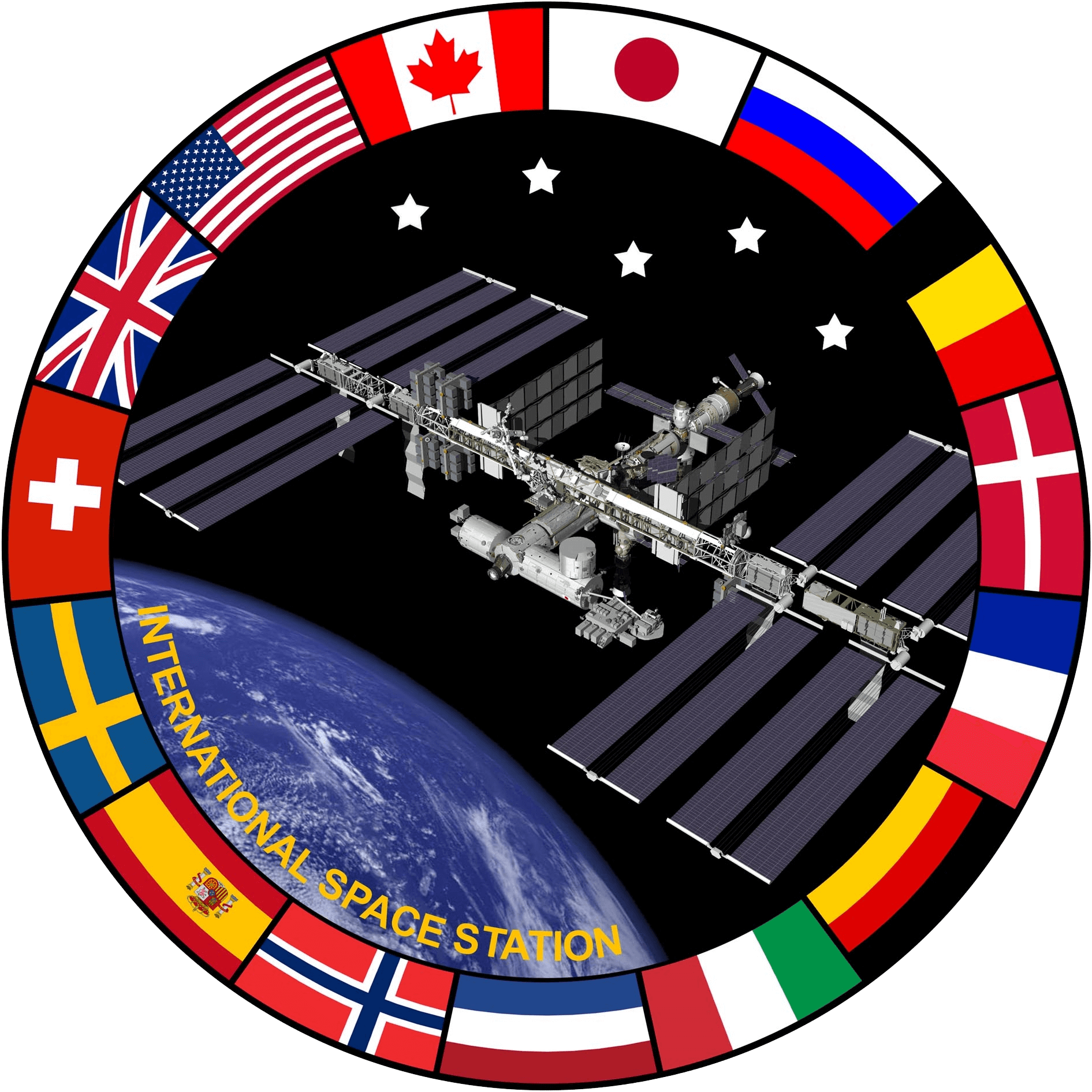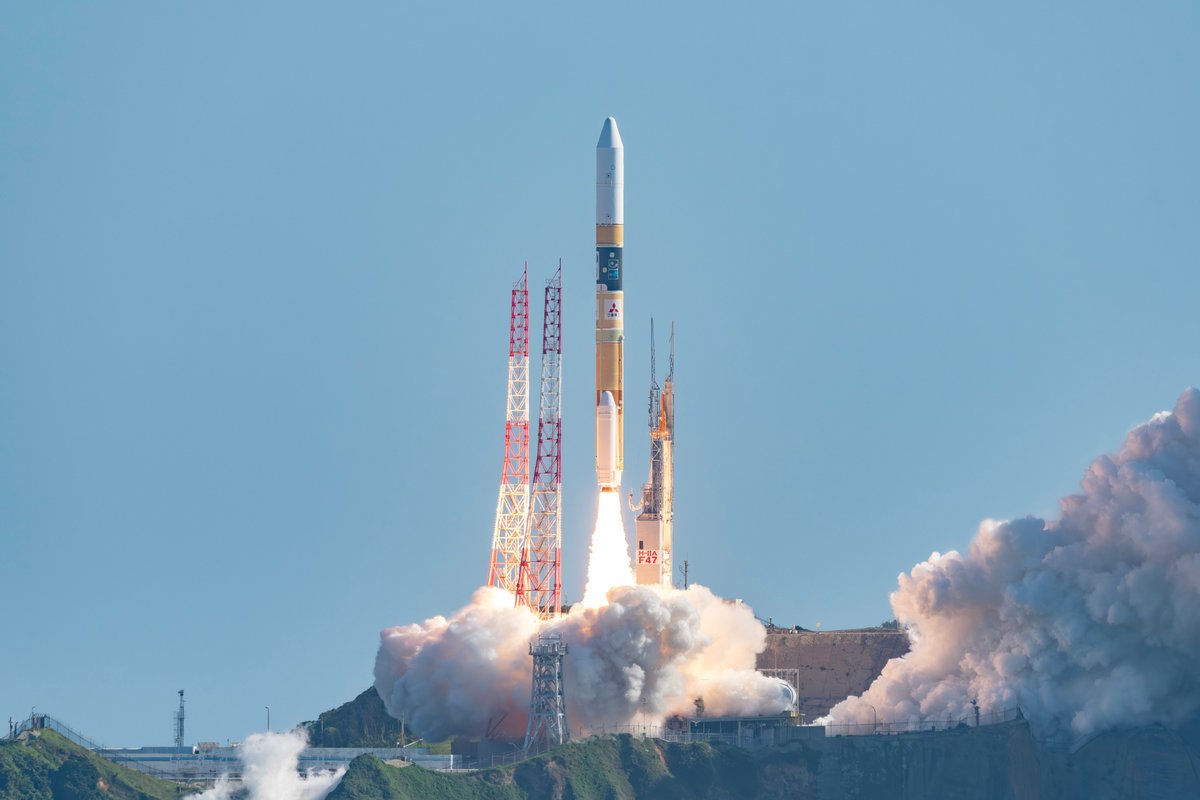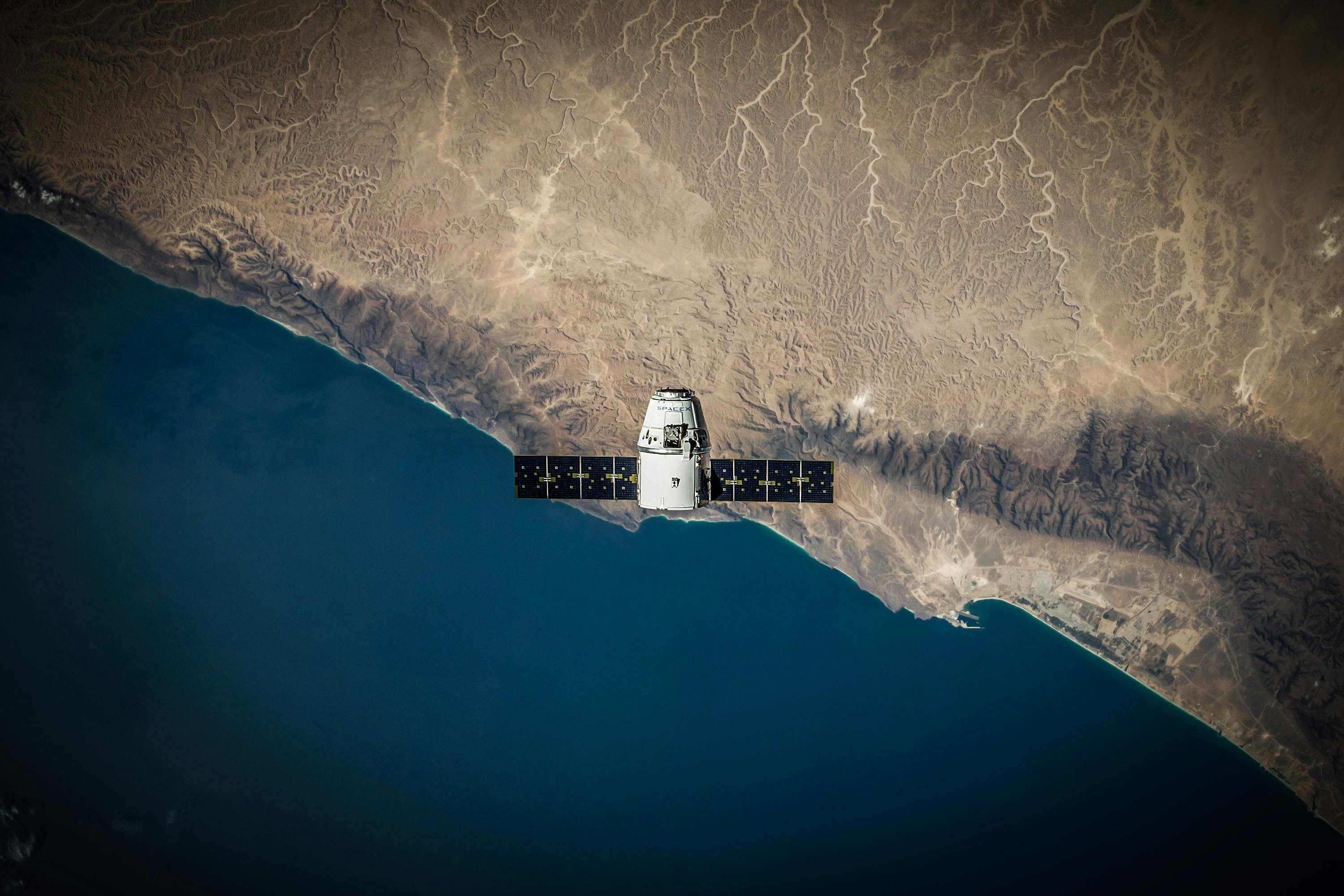· space brief · 4 min read
Space Brief 8 Apr 2025
Key highlights include the launch of a Navy SEAL astronaut to the ISS, multi-billion dollar contracts awarded by the US Space Force, advancements in secure GPS technology, and a strategic ISR arrangement.

📄Top Stories
An eclectic crew, including a Navy SEAL, has blasted off to the ISS aboard Soyuz MS-27. The US Space Force has announced significant launch contracts with major industry players. Sierra Space’s progress in secure GPS tech is set to bolster national security efforts, while a new ISR deal involving the NRO and Space Force is nearing completion.
📰Detailed Coverage
Navy SEAL Astronaut Joins ISS Mission
A diverse crew including a Navy SEAL, medical doctor, and NASA astronaut has launched for an extended 8-month mission aboard the International Space Station on the Russian Soyuz MS-27. This mission underscores the ongoing collaboration between the US and Russia in space science and exploration, despite geopolitical tensions.
The inclusion of such a multidisciplinary team highlights the importance of diverse expertise in space operations. This launch also supports tracking capabilities on our web app, offering real-time monitoring of the ISS and its crew activities as part of our comprehensive tracking features.
Read the full story: Space.com
Major Space Launch Contracts Awarded by US Space Force
In a move reflecting the US’s growing reliance on the private sector for space operations, the US Space Force has granted $13.7 billion in launch contracts to SpaceX, ULA, and Blue Origin. These contracts set the stage for numerous national security missions scheduled between 2027 and 2032.
This investment signifies a strategic push to secure America’s presence in orbit, leveraging cutting-edge technologies and launching capabilities of prominent aerospace companies. It also reinforces the importance of maintaining a robust framework for satellite deployment.
Read the full story: Space.com
Sierra Space Advances GPS Tech for Enhanced Security
Sierra Space has announced a successful demonstration of its Resilient GPS (R-GPS) technology, developed in collaboration with General Dynamics Mission Systems. This advance aims to fortify the US Space Force’s navigation capabilities, essential for national defense and infrastructure resilience.
The successful demonstration of R-GPS technology assures superior signal integrity under adverse conditions, representing a significant leap in satellite-based navigation systems critical for both military and civilian applications.
Read the full story: SpaceWar
NRO and Space Force Nearing Completion of ISR Agreement
The National Reconnaissance Office and the US Space Force are close to finalizing a commercial arrangement to enhance intelligence, surveillance, and reconnaissance (ISR) capabilities. This comes amid rising demand for precise, real-time satellite data to support national security operations.
The arrangement promises improved data acquisition from commercial sources, enhancing situational awareness and timely decision-making. Such strategic partnerships reflect a broader trend towards integrating commercial satellite data for defense purposes.
Read the full story: Breaking Defense
🛰️Satellite Spotlight
- Satellite Name: KSM1-A
- NORAD ID: 46912
- Launch Date: 2020 Nov 7
- Mission: RF spectrum monitoring, SIGINT, Traffic monitoring
- Orbit: Inclination: 36.8959, Period: 15.1730604, Eccentricity: 0.0003961
- Operator: KLEOS
- Fun Fact: KSM1-A is part of Kleos’ Scouting Mission, utilizing CubeSat technology to improve maritime security operations through advanced RF signal detection.
Current TLE Data:
1 46912U 20081H 25097.76938280 .00012995 00000+0 64105-3 0 9993
2 46912 36.8959 208.1449 0003961 264.6844 95.3451 15.17306040242827Track this satellite in real-time on our web app: Track KSM1-A
🚀Upcoming Space Launches
April 9
- United Launch Alliance Atlas V 551:
- Project Kuiper (KA-01) from Cape Canaveral SFS, FL, USA (23:00 UTC) Project Kuiper is a mega constellation of satellites in Low Earth Orbit that will offer broadband internet access, managed by Kuiper Systems LLC, a subsidiary of Amazon.
April 11
- SpaceX Falcon 9 Block 5:
- Starlink Group 12-17 from Kennedy Space Center, FL, USA (01:43 UTC) A batch of satellites for the Starlink mega-constellation - SpaceX’s project for space-based Internet communication system.
April 12
- SpaceX Falcon 9 Block 5:
- NROL-192 from Vandenberg SFB, CA, USA (12:17 UTC) Eighth batch of satellites for a reconnaissance satellite constellation built by SpaceX and Northrop Grumman for the National Reconnaissance Office to provide imaging and other reconnaissance capabilities.
April 14
- SpaceX Falcon 9 Block 5:
- Starlink Group 6-73 from Cape Canaveral SFS, FL, USA (01:59 UTC) A batch of satellites for the Starlink mega-constellation - SpaceX’s project for space-based Internet communication system.
- Blue Origin New Shepard:
- NS-31 from Corn Ranch, Van Horn, TX, USA (13:30 UTC) NS-31 is the 11th crewed flight for the New Shepard program and the 31st in its history.
April 21
- SpaceX Falcon 9 Block 5:
- Dragon CRS-2 SpX-32 from Kennedy Space Center, FL, USA (08:15 UTC) 32nd commercial resupply services mission to the International Space Station operated by SpaceX. This mission will bring critical materials to directly support science and research investigations onboard the orbiting laboratory.
April 29
- Arianespace Vega-C:
- Biomass from Guiana Space Centre, French Guiana (09:15 UTC) Biomass is an ESA mission designed to measure the density of carbon stored in the world’s forests, featuring the first civilian P-band synthetic aperture radar.
April 30
- Gilmour Space Technologies Eris-1:
- Maiden Flight from Bowen Orbital Spaceport (00:00 UTC) Maiden flight of Gilmour Space’s orbital launch vehicle Eris.
Note: Launch dates and times are subject to change due to technical or weather considerations.

Maurice Stellarski





